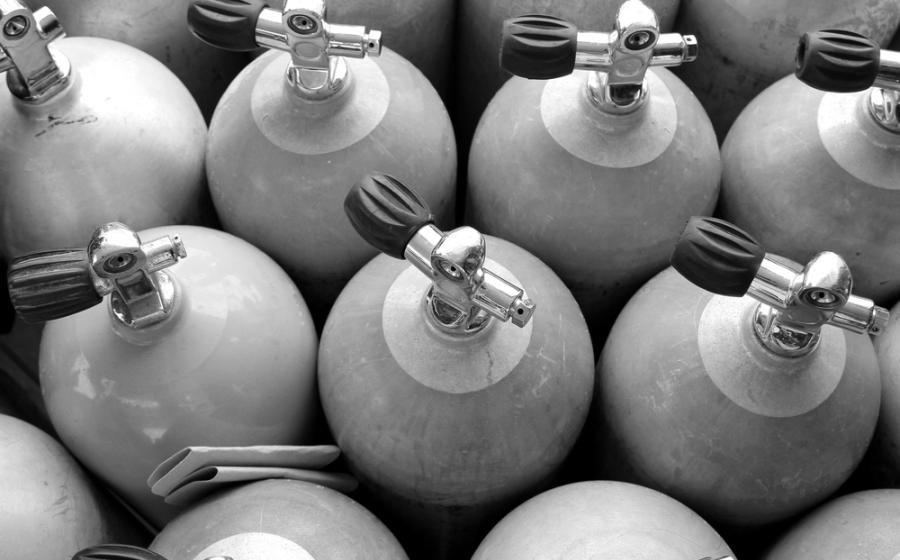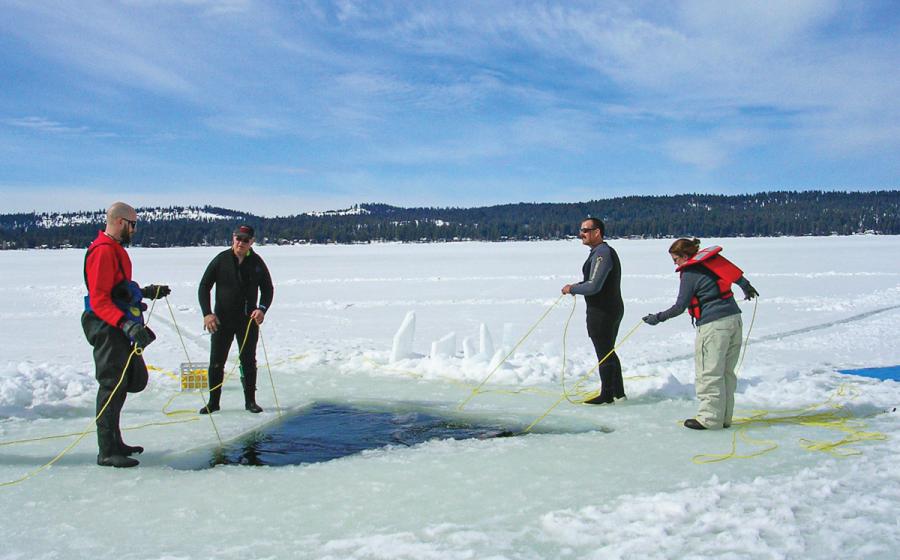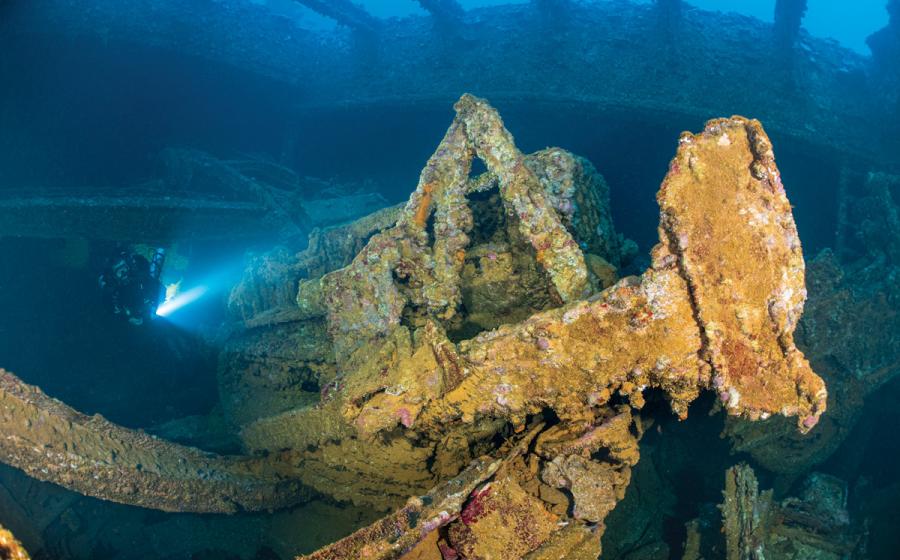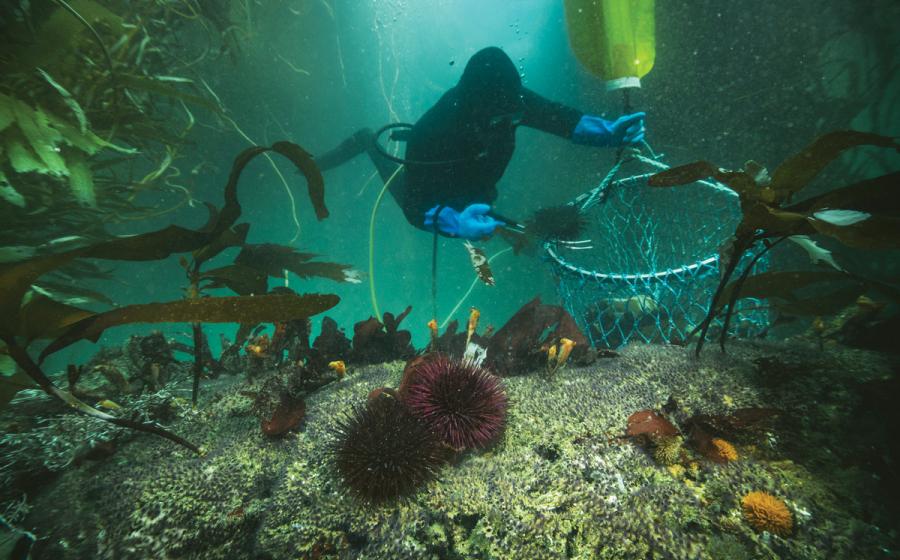The Arctic Is Acidifying Up to Four Times Faster Than Other Oceans, New Study Finds
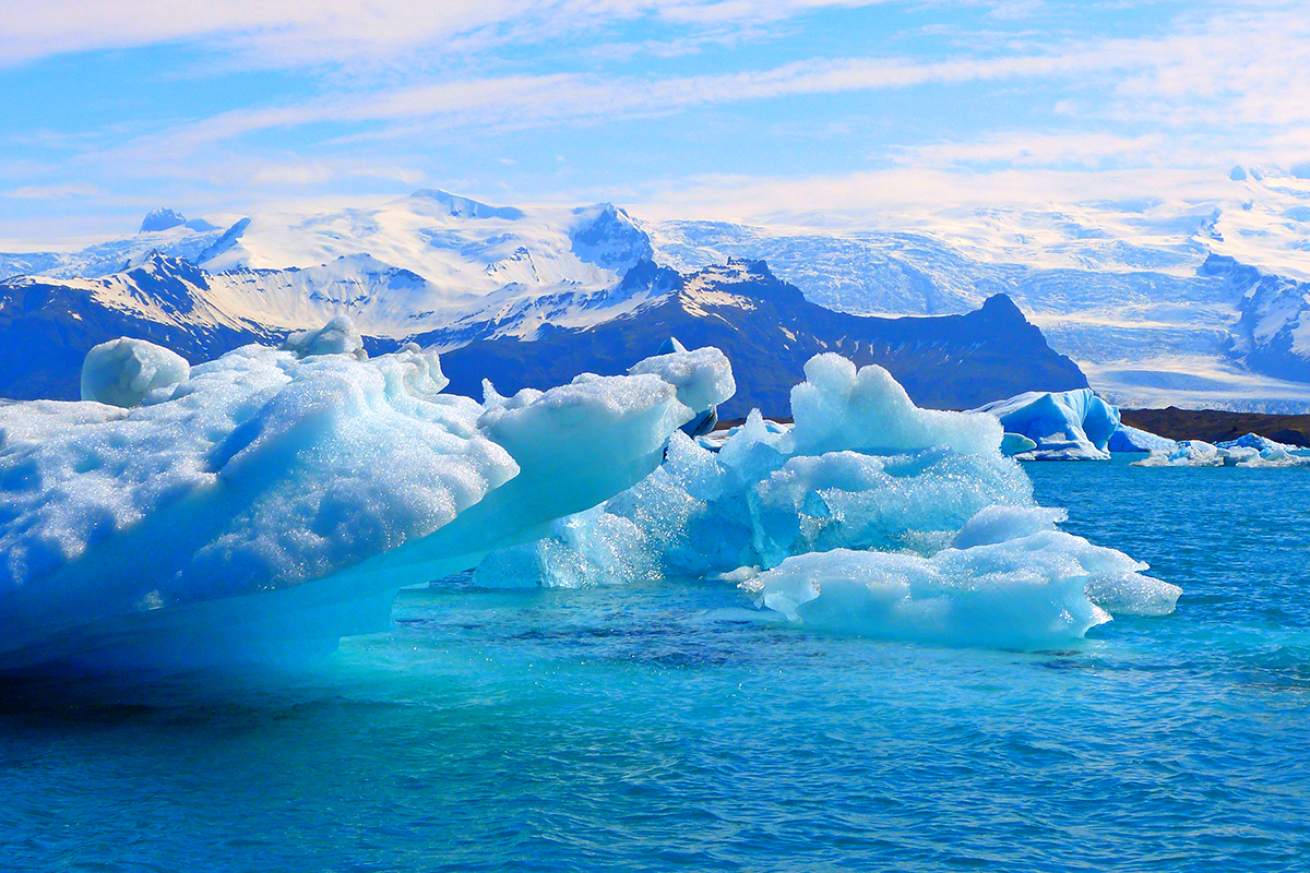
Shutterstock.com/LialinaIncreased iceberg melt from warming temperatures plays a role in exacerbating acidification by lowering the sea water's alkalinity.
The western Arctic Ocean is acidifying far faster than any other ocean in the world, according to a new study that shocked scientists.
Oceans have mitigated the effects of the world’s increased carbon dioxide output since the Industrial Revolution by absorbing a third of all atmospheric CO2. This increased uptake, however, makes seawater more acidic. Increased acidity lowers the pH of seawater—and changing the entire chemistry of the ocean has major implications for marine life.
Now, scientists have determined this process is unfolding three to four times faster in the Arctic than anywhere else on the planet, says Wei-Jun Cai, a University of Delaware marine chemistry expert and co-author on the paper, which was published in late September in the journal Science. “We were shocked,” he says.
“In other ocean systems, acidification is being driven by an increase in atmospheric carbon dioxide, which is increasing at a rate of around 2 [parts per million] per year,” Cai said. Acidification trends tend to follow those of carbon dioxide increases, but the Arctic’s quickly melting sea ice has accelerated the uptake of carbon dioxide by seawater.
“The ice melt dilutes or lowers the alkalinity of the seawater,” Cai said. “This dilutes the buffering capacity of the water, its ability to resist acidification.”
Melting sea ice also exposes more seawater, further promoting the ocean’s uptake of carbon at this increased rate, Cai explains. And like acidification, the pace of sea ice melt is increasing in the arctic—a separate study completed in August found that the Arctic Ocean is also warming four times faster than anywhere else on the planet.
Cai and his fellow researchers predict this process could continue to intensify over the coming decades. This increasing acidification will have “huge implications” for sea life, he says.
“In lower latitudes, you have coral reefs and if you add carbon dioxide to the water, the carbon saturation rate will increase and the coral won’t grow,” he said. "Acidification reduces the carbonate ions needed to build coral skeletons and makes existing coral skeletons and shellfish more brittle. Increased acidity could even make some metals more toxic to marine life," Cai adds.
“We are far from knowing what the cost is for biological systems. We don’t know what organisms could be affected. This is something the biological community needs to look into,” he says.


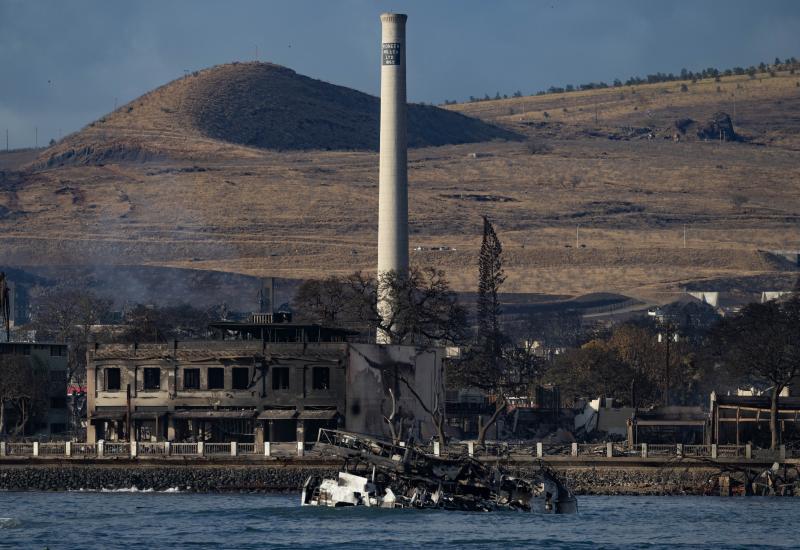
.png?itok=wW_XQefZ)


